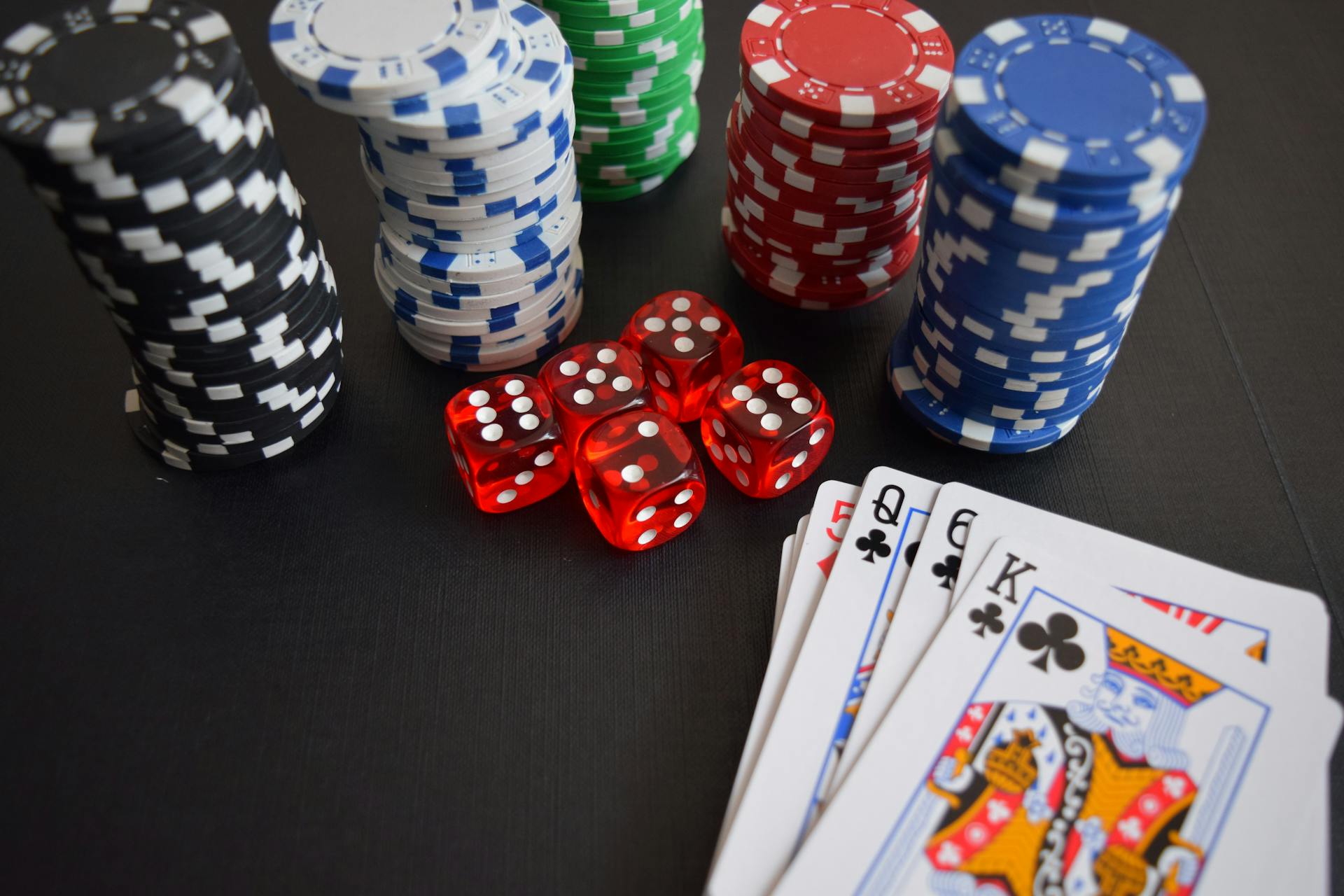The Fastest Growing Addiction
-
Nov, Tue, 2024
Gambling addiction is one of the fastest-growing forms of addiction worldwide. With the increasing accessibility of online gambling, video gaming with gambling-like mechanics, and the normalization of gambling in entertainment, more people are finding themselves struggling with gambling disorders.
Technology has made gambling easier and more accessible, and the internet allows people to gamble at any time of day or night, from the comfort of their own home. This availability can make it difficult for individuals to avoid the temptation to gamble, especially when coupled with a psychological addiction.
Why Gambling Addiction Can Happen to Anyone
It is essential to understand that gambling addiction is not about weakness or poor decision-making. It is a psychological disorder that changes the way the brain responds to rewards and stimuli. Just as with other addictions, such as drugs or alcohol, gambling addiction rewires the brain’s reward system. The rush that comes from winning a bet can create a powerful urge to continue gambling, even when the consequences are harmful.
It’s important to recognize that gambling addiction is a disease, not a moral failing. People who struggle with gambling addiction may feel trapped, ashamed, and powerless, but there is always hope. Support, treatment, and recovery are possible, and it’s never too late to ask for help.
Support for Those Struggling
If you are struggling with gambling addiction, know that you are not alone. Many people have faced similar challenges and have found ways to recover and rebuild their lives. Recognizing that you may have a gambling problem is the first step in taking control of your life again. Compassionate, confidential support is available, and the road to recovery is possible with the right guidance and treatment.
Whether you are seeking professional therapy, support groups, or online resources, there are many paths to recovery. The most important thing is to take that first step and reach out for help. Your journey to healing can begin today.
Remember: Gambling addiction is treatable, and it is never too late to make a change. Seek help, talk to someone you trust, and begin your recovery journey. You don’t have to face this alone.
Quick Assessment Tool:
Quick Gambling Self-Assessment
Instructions: Please answer the following questions honestly. If you answer “Yes” to 4 or more of the questions, it might indicate a gambling problem. Please reach out to a support professional for further evaluation.
1. Do you often think about gambling or plan your next gambling activity?
- Yes
- No
2. Have you ever felt the need to gamble with increasing amounts of money to achieve the desired excitement?
- Yes
- No
3. Have you repeatedly tried to cut down or control your gambling without success?
- Yes
- No
4. Do you feel restless or irritable when you try to reduce or stop gambling?
- Yes
- No
5. Do you gamble as a way to escape from problems or to relieve feelings of helplessness, anxiety, or depression?
- Yes
- No
6. After losing money gambling, do you return another day to try to win it back?
- Yes
- No
7. Do you lie to family members, friends, or others to hide your gambling habits or how much you are gambling?
- Yes
- No
8. Have you lost or jeopardized relationships, job opportunities, or educational opportunities because of gambling?
- Yes
- No
9. Do you rely on others to help with financial problems caused by your gambling?
- Yes
- No
10. Do you feel distressed, anxious, or upset about your gambling?
- Yes
- No
Results
- 0-2 “Yes” Answers: You may not have a gambling problem, but it’s important to remain aware of your gambling behavior. If you ever feel concerned in the future, consider seeking professional guidance.
- 3-4 “Yes” Answers: This might indicate a moderate concern. You could benefit from talking to a counselor or support group to explore your gambling behavior and its impact.
- 5+ “Yes” Answers: It’s possible that you have a gambling addiction. We strongly recommend reaching out to a professional counselor or addiction support group to assess the extent of your gambling behavior and receive help.
Next Steps:
Contact a Support Specialist: If you scored 5 or more, please contact one of our counselors for further assessment and assistance.

